LiFePO4 batteries are a type of lithium-ion battery that use lithium iron phosphate as the cathode material. This chemistry provides several advantages over traditional lithium-ion batteries, including improved safety, better thermal stability, and longer cycle life.
Enhanced Safety: LiFePO4 batteries are highly stable and have a lower risk of thermal runaway, making them safer in high-temperature or demanding environments.
Long Lifespan: With a typical cycle life of over 2,000 charge-discharge cycles, these batteries deliver reliable performance over the long term.
Fast Charging: They support rapid charging without significant degradation, reducing downtime for devices or systems.
Low Self-Discharge: LiFePO4 batteries retain their charge longer when not in use, which is ideal for backup power or devices used infrequently.
Environmentally Friendly: These batteries contain no toxic heavy metals and are fully recyclable, offering a greener energy solution.
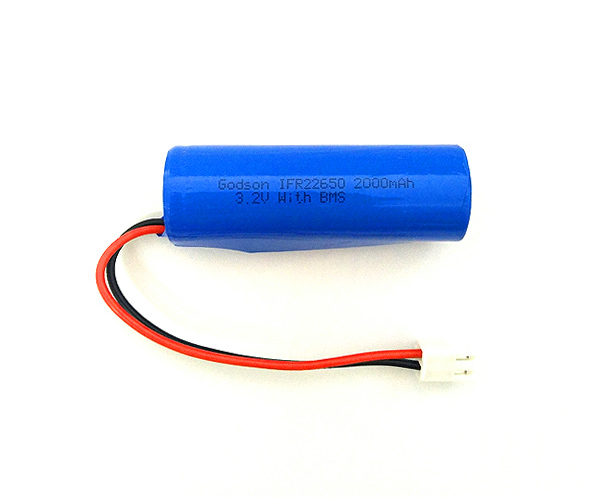
Small LiFePO4 batteries are available in different form factors, each tailored to specific applications and space requirements.
Shape & Design: Round and robust, commonly used in consumer electronics.
Applications: Suitable for power tools, flashlights, and other devices requiring high current.
Advantages: Strong structural integrity allows safe operation under high current loads.
Shape & Design: Rectangular, with a flat profile that maximizes space efficiency.
Applications: Ideal for compact devices where size optimization is critical, such as portable electronics and small solar systems.
Advantages: Easier to integrate into tight spaces compared to cylindrical cells.
Shape & Design: Lightweight and flexible, enclosed in a soft, flat pouch.
Applications: Perfect for portable electronics and custom-shaped devices.
Advantages: Flexible design allows custom shapes, enabling seamless integration into various products.
Portability and Convenience
Small LiFePO4 batteries are lightweight and easy to transport, making them ideal for applications that require mobility. They are widely used in drones, electric scooters, portable medical devices, and other mobile electronics where convenience is essential.
Space Efficiency
With modern devices increasingly compact, small batteries offer a space-saving solution without compromising performance. Their compact form factor enables innovative product designs, allowing engineers to develop smaller and lighter devices.
Versatility
Despite their reduced size, small LiFePO4 batteries can deliver impressive power output. This flexibility makes them suitable not only for consumer electronics but also for industrial equipment, renewable energy storage, and other demanding applications.
Small LifePo4 batteries power a diverse array of devices across various sectors, including:
Portable Electronics: Essential for smartphones, tablets, and laptops due to their efficiency and reliability.
Electric Vehicles: Widely used in electric scooters, bicycles, and cars, providing the necessary power for performance and endurance.
Medical Devices: Critical for portable medical equipment, such as blood glucose monitors and defibrillators, thanks to their safety and longevity.
Renewable Energy Systems: Perfect for storing energy from solar panels, ensuring a consistent power supply for homes and businesses.
Power Tools: Commonly found in cordless tools, offering high energy density and rapid charging capabilities.
When selecting a small LiFePO4 battery, several factors should be carefully evaluated to ensure performance, compatibility, and safety.
Battery capacity, measured in milliamp-hours (mAh) or amp-hours (Ah), determines how much energy the battery can store. Choose a battery with capacity that matches your device’s energy requirements to avoid frequent recharges or underperformance.
Check the physical dimensions of the battery to ensure it fits securely in your device. Compare the battery compartment with the battery specifications to prevent compatibility issues.
Voltage compatibility is critical for safe operation. Devices are designed to work within specific voltage ranges. Using a battery with incorrect voltage can damage your device. Always confirm voltage ratings before purchase.
Cycle life refers to the number of complete charge-discharge cycles a battery can undergo before its capacity significantly decreases. Opt for batteries with high cycle life ratings to ensure long-term reliability and better value.
Select batteries from reputable manufacturers with consistent quality. Research reviews and user feedback to gauge performance, reliability, and safety.
Prioritize batteries equipped with built-in safety protections, including overcharge protection, short-circuit protection, and thermal management systems, to minimize risks of overheating or failure.
Selecting the right small LifePo4 battery is a multifaceted process that requires careful consideration of your specific needs. By understanding the various types, characteristics, and essential factors to consider, you can confidently choose a battery that enhances your device’s performance and longevity. Always prioritize safety and reliability to ensure your investment pays off in the long run. With the right information and resources, you are now prepared to make an informed choice.

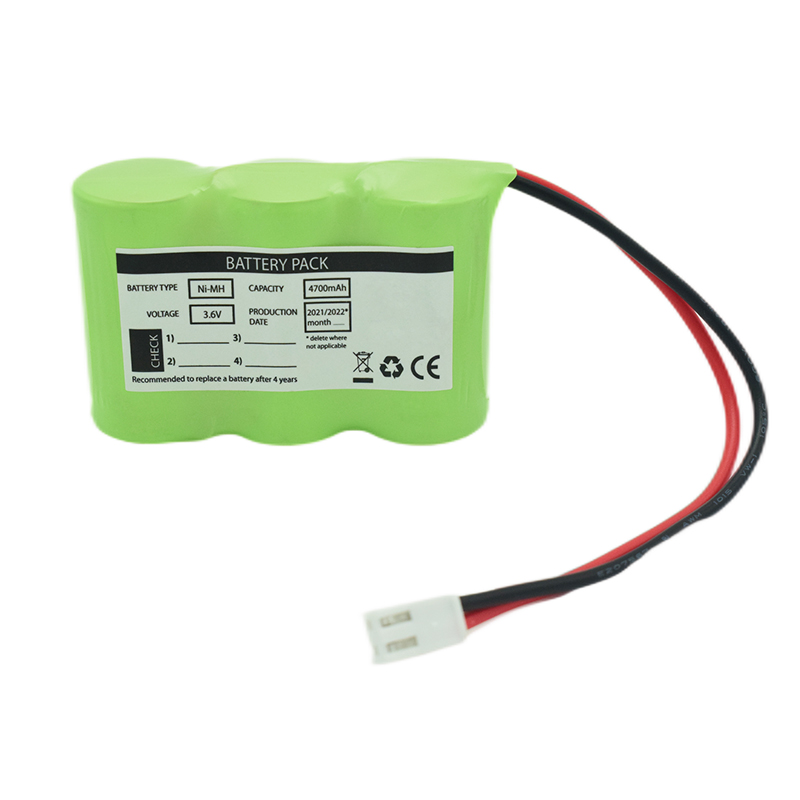 Ni-MH Battery C4700mAh 3.6V
Ni-MH Battery C4700mAh 3.6V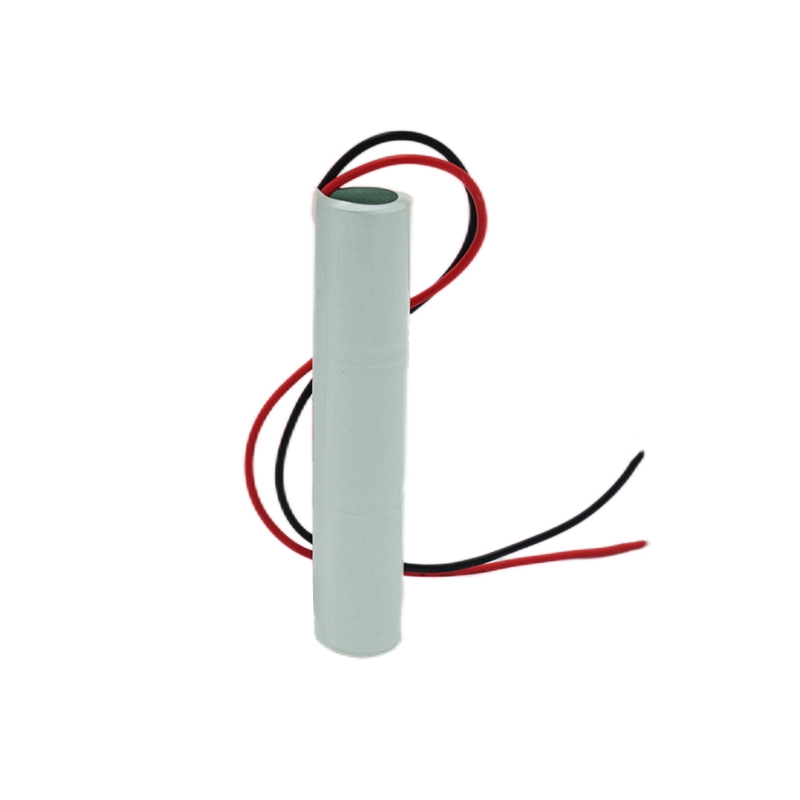 Nickel Cadmium Nicd Battery Pack SC1800mAh 3.6V
Nickel Cadmium Nicd Battery Pack SC1800mAh 3.6V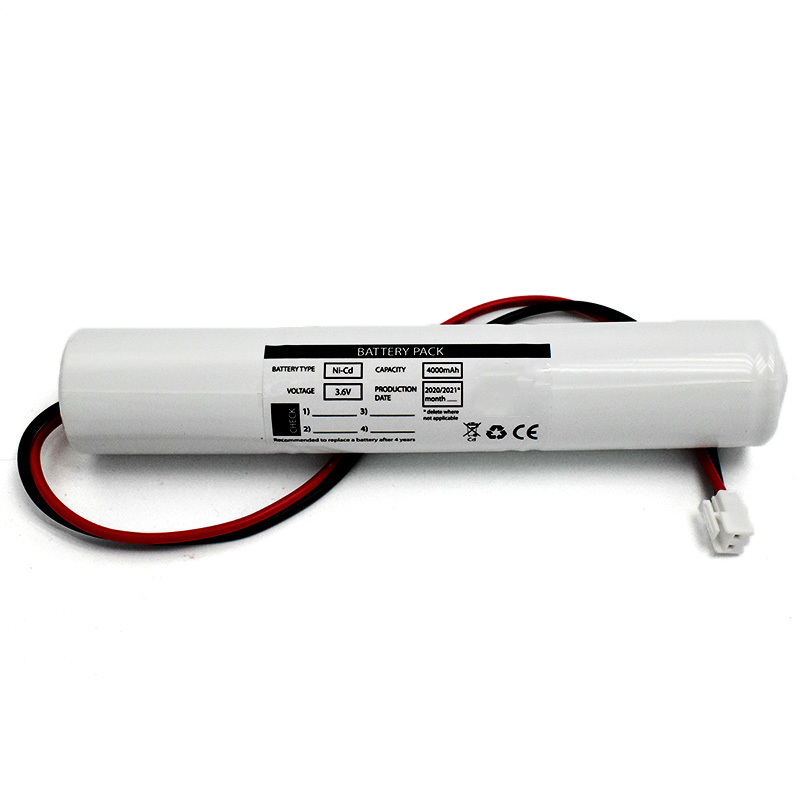 Ni-Cd Battery Pack D4000mAh 3.6V
Ni-Cd Battery Pack D4000mAh 3.6V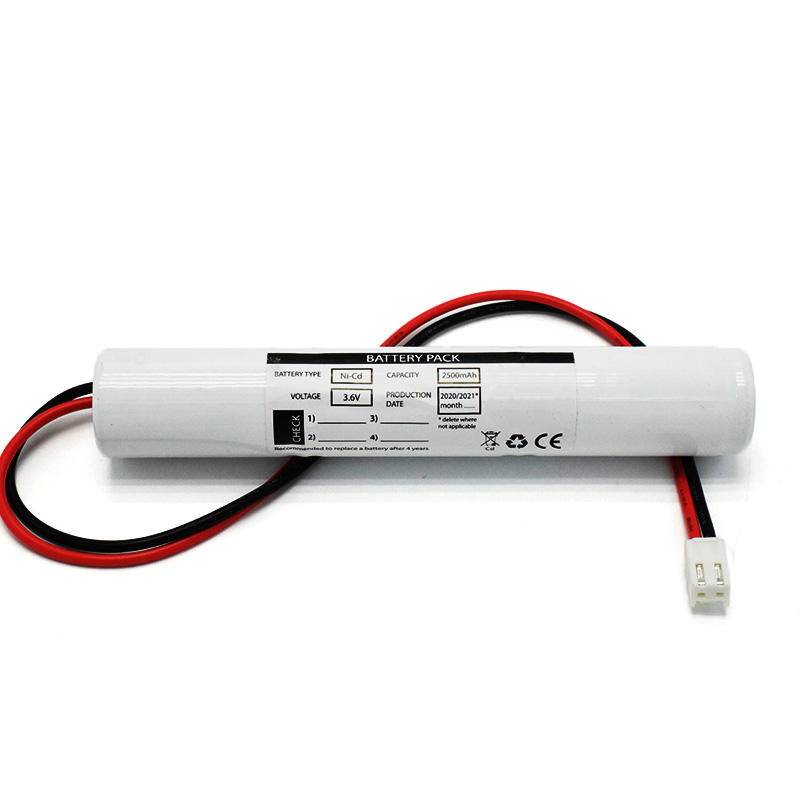 Ni-Cd Battery Pack C2500mAh 3.6V
Ni-Cd Battery Pack C2500mAh 3.6V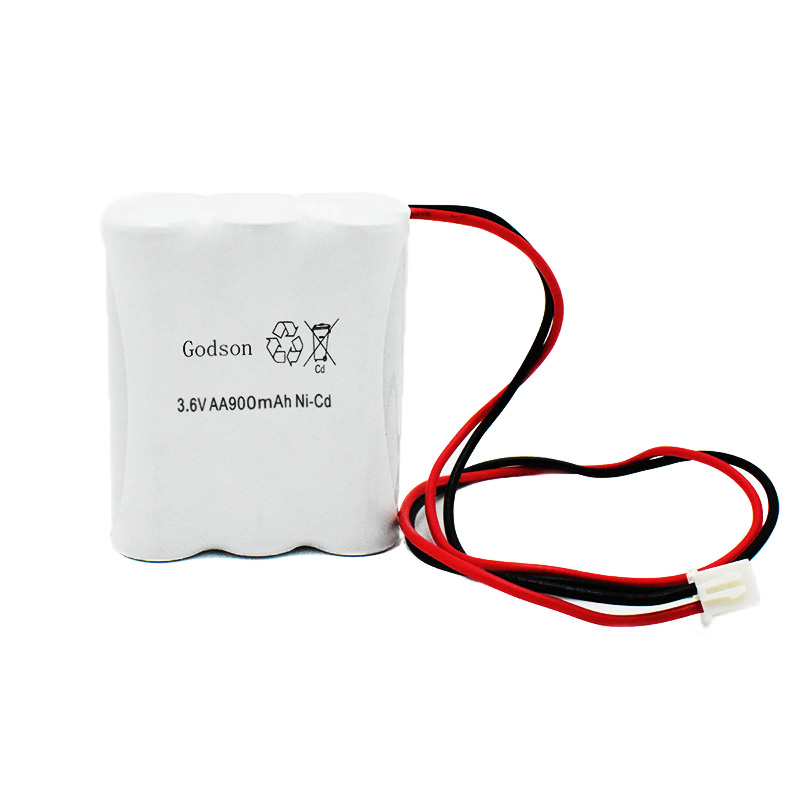 NICAD Battery Pack AA900mAh 3.6V
NICAD Battery Pack AA900mAh 3.6V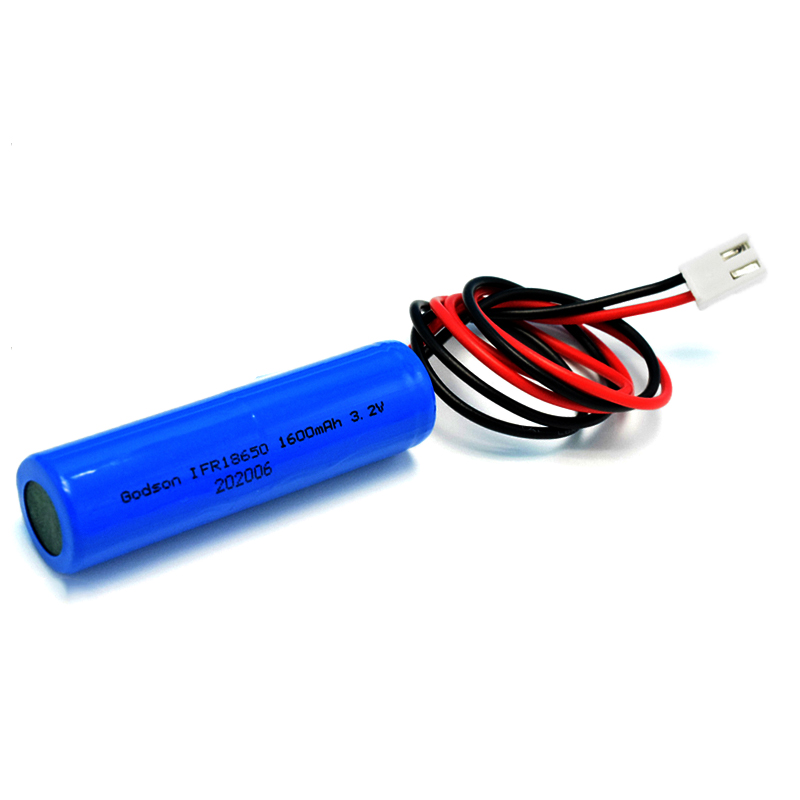 LiFePO4 IFR18650 1600mAh 3.2V
LiFePO4 IFR18650 1600mAh 3.2V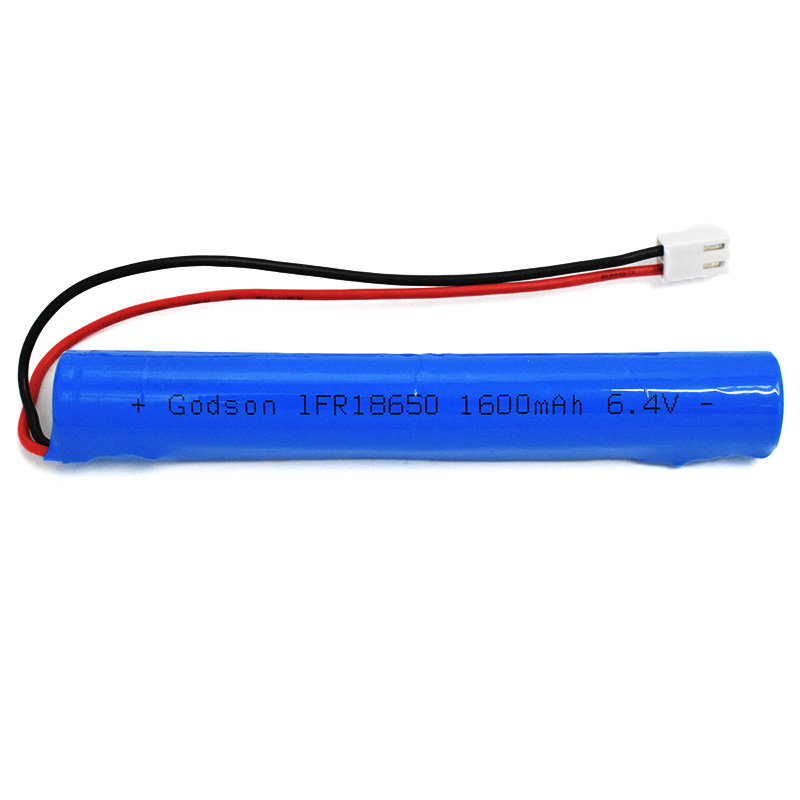 LiFePO4 IFR18650 1600mAh 6.4V
LiFePO4 IFR18650 1600mAh 6.4V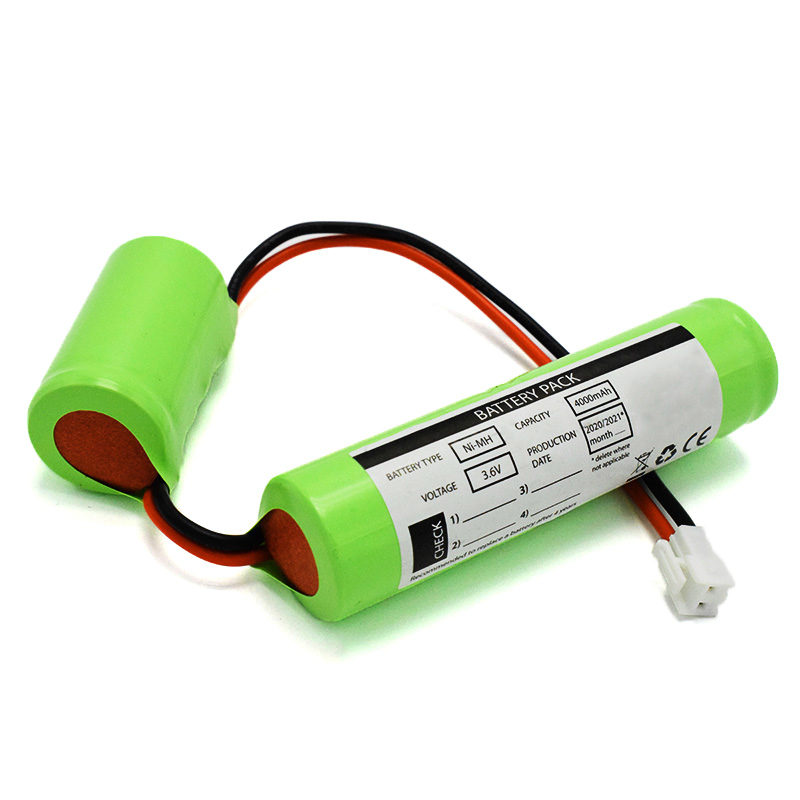 Ni-MH Battery C4000mAh 3.6V
Ni-MH Battery C4000mAh 3.6V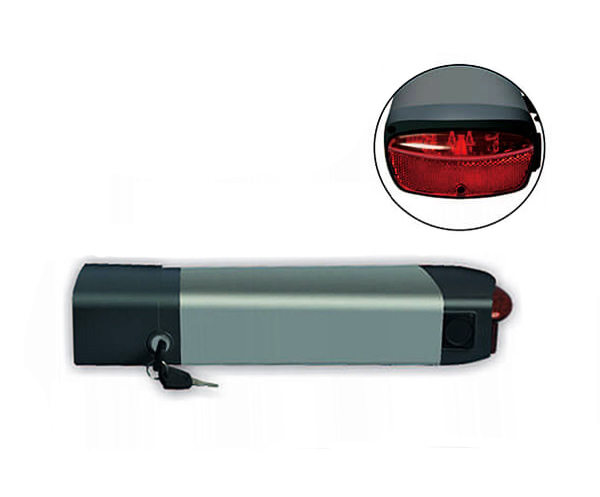 E-bike Battery 48V 10Ah JL-1
E-bike Battery 48V 10Ah JL-1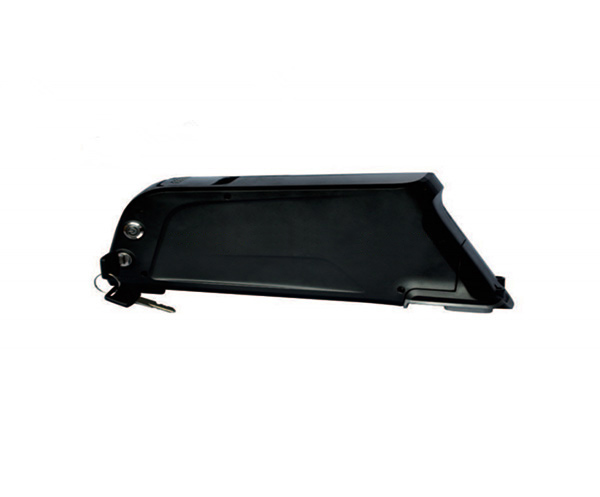 E-bike battery 48V 10Ah Qing Tian
E-bike battery 48V 10Ah Qing Tian